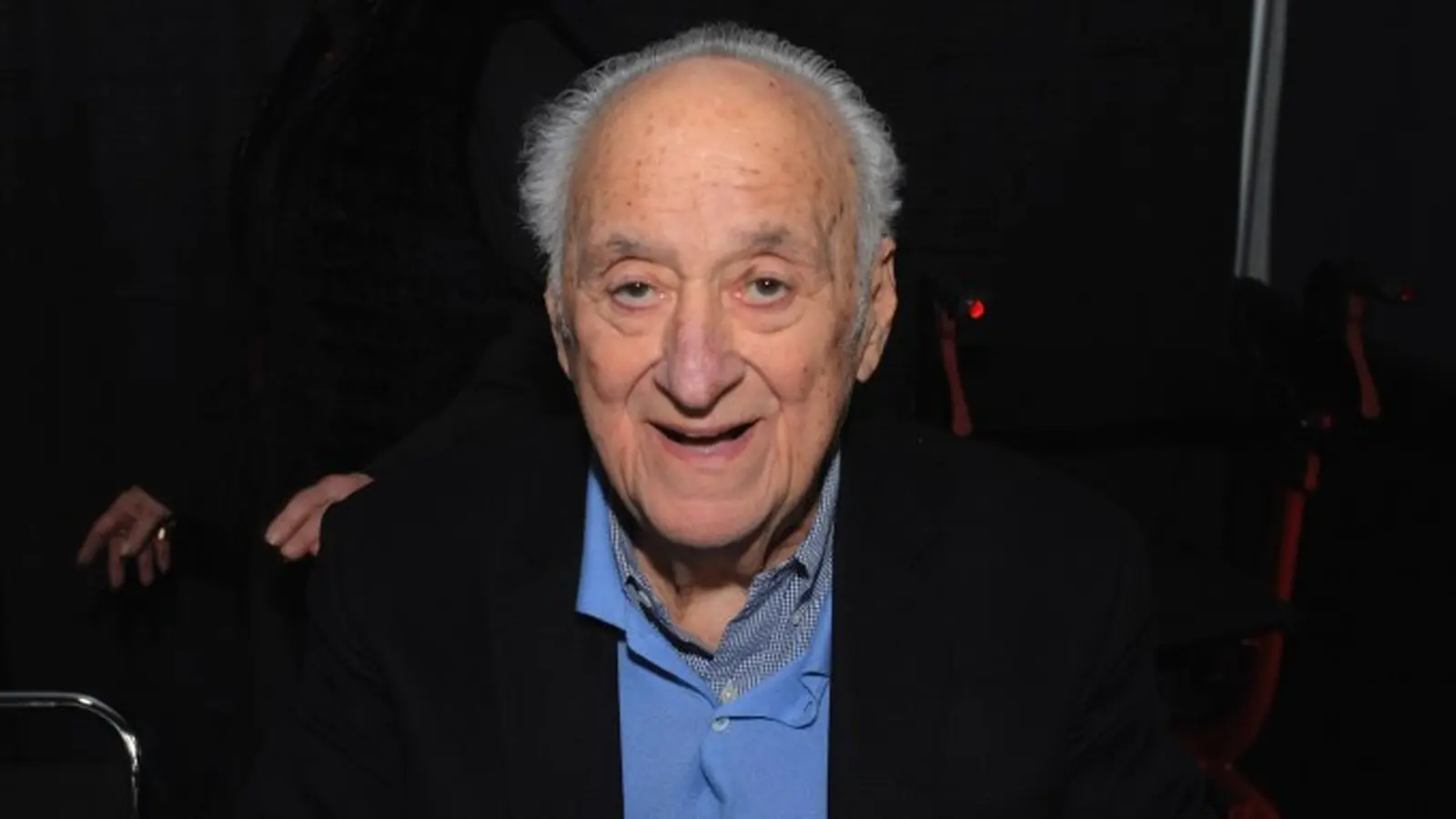5 Minutes
Jerry Adler’s quiet curtain call: a life between the wings and the camera
Jerry Adler, a beloved figure of both Broadway production rooms and television screens, has died at the age of 96, his family and longtime friends announced. Best known to millions as Hesh Rabkin in HBO’s landmark series The Sopranos, Adler lived a double life in the performing arts: a powerhouse stage manager and director who only embraced on-screen acting in his sixth decade.
From backstage maestro to unforgettable character actor
Born February 4, 1929, in Brooklyn, New York, Adler’s career began behind the curtain. He worked on more than 50 Broadway shows—among them serving as stage manager for the original 1956 production of My Fair Lady starring a young Julie Andrews—and directed several Broadway productions. He later handled television stage duties for the soap Santa Barbara and the 1985 Tony Awards. Adler often joked about his start: he cut classes at Syracuse University to assist his father—then a general manager at the prestigious Group Theatre—and modestly called himself “a creature of nepotism.”
Beloved roles that revealed a late-life reinvention
Adler’s screen acting career didn’t launch until the early 1990s—remarkable given how established he already was in theatre. He brought gravitas and nuance to TV and film with guest turns on Quantum Leap, Northern Exposure, The West Wing, Curb Your Enthusiasm, Transparent, Broad City and more. But it was Hesh Rabkin in The Sopranos that crystallized his public image: the measured, worldly Jewish consigliere whose counsel offered moral texture to Tony Soprano’s violent world.
Adler flexed his range across genres: on The Good Wife and The Good Fight he played the blunt, often comic name partner Howard Lyman; in FX’s Rescue Me he was Deputy Chief Sidney Feinberg—an example of Adler’s ability to alternate between warmth, grit and comic bluntness.

How Hesh stood beside the greats
Hesh Rabkin operates in a long cinematic lineage of the consigliere archetype—think Robert Duvall’s Tom Hagen in The Godfather. Unlike Hagen’s cool legalism, Hesh was a cultural and emotional anchor: a confidant whose experience and humor softened some of the show’s brutality. The Sopranos remains one of television’s definitive dramas, and Adler’s understated performance is a reminder how character actors supply crucial emotional scaffolding to ensemble masterpieces.
Filmography highlights and industry imprint
On the big screen Adler appeared in Manhattan Murder Mystery (1993), In Her Shoes (2005), Find Me Guilty (2006), A Most Violent Year (2014) and Driveways (2019). Across decades he proved that professional craftsmanship—from stage management to directing—can be a springboard for memorable acting work, even when that pivot comes late.
Behind-the-scenes trivia and legacy
Adler’s life is studded with cinema-and-theatre trivia that fans will cherish: he worked backstage on Gentlemen Prefer Blondes in 1950; he was Julie Andrews’s stage manager in My Fair Lady; and his cousin was Stella Adler, the famed acting teacher. He often remarked, with both wonder and bemusement, about being recognized on the street: "After spending decades in the dark backstage, being greeted as 'Hey, Hesh!' is so strange," he told TheaterMania in 2015.
Expert perspective
"Adler’s career is a study in craft over celebrity," says cinema historian Elena Morales. "He exemplified how technical mastery in theater can translate into profound character work onscreen—age became a source of authority rather than limitation."
Why Jerry Adler matters to TV, film and theatre
Adler’s story offers several broader takeaways for actors and audiences alike: the entertainment industry values depth and reliability; ensemble television—especially prestige dramas like The Sopranos—relies on seasoned character actors to create texture; and the path from workshop to camera remains open to those who master the fundamentals. In an era where celebrity often skews young, Adler’s late-blooming film and television success is a powerful counter-narrative.
Conclusion: an enduring character actor and theatre architect
Jerry Adler’s passing marks the end of a remarkable era in which stagecraft and screen acting intersected seamlessly. He leaves behind an exceptional body of work—both visible and invisible: the directors’ notes, cue sheets and live-show instincts that shaped Broadway productions, and the memorable small-screen characters that enriched modern television drama. As viewers revisit The Sopranos, The Good Wife or his many film appearances, Adler’s performances will continue to teach aspiring actors about subtlety, timing and the art of supporting greatness.
Source: deadline


Leave a Comment